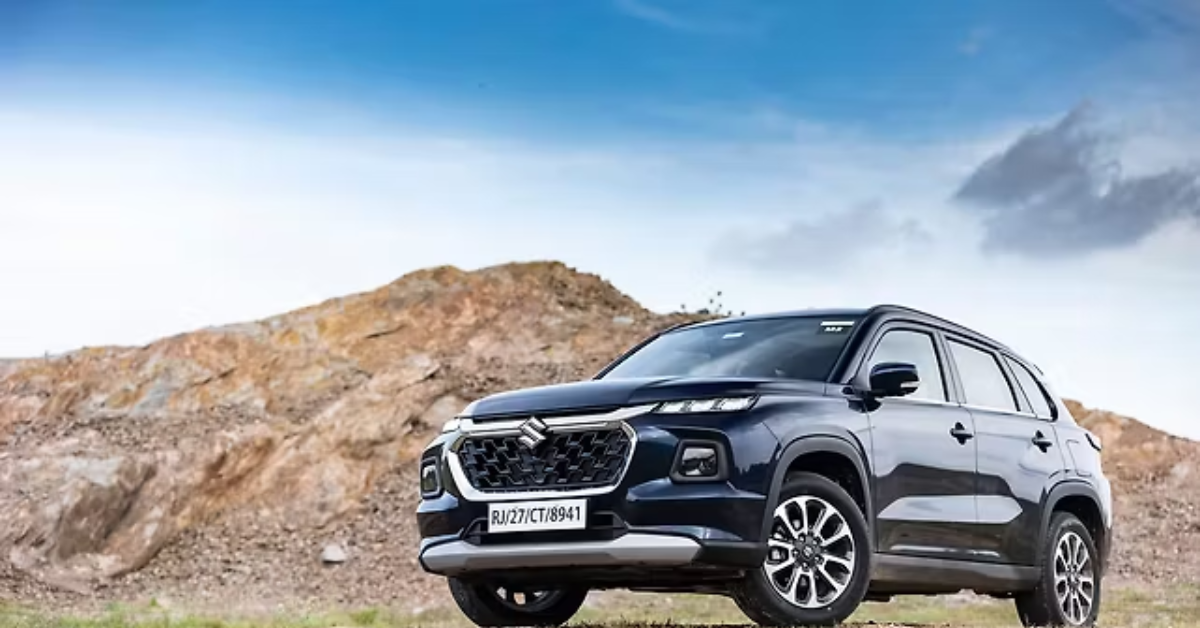In recent years, the automobile industry has been shifting rapidly towards electrification, with global automakers announcing ambitious plans to go fully electric in the coming decades. However, in India, the transition to electric vehicles (EVs) is not as straightforward. Infrastructure challenges, high costs, and consumer preferences are reshaping the path to sustainability. Recognizing this reality, Maruti Suzuki, India’s largest car manufacturer, has declared that EVs alone will not define the future of mobility. Instead, the company is betting big on a multi-powertrain approach, which includes CNG, hybrids, and even biogas solutions alongside EVs.
This forward-looking strategy highlights Maruti Suzuki’s commitment to affordable, practical, and sustainable mobility for India. Let’s break down what this approach means and why it makes sense in the Indian context.
Why EVs Alone Are Not the Solution
While EVs are being positioned globally as the future of the automobile industry, India faces unique challenges:
- Lack of Charging Infrastructure – Although EV adoption is growing, charging stations remain limited in most cities and nearly absent in rural areas.
- High Costs – Even with government subsidies, EVs remain costlier than petrol, diesel, or CNG cars, making them less appealing for middle-class buyers.
- Range Anxiety – Long-distance travel remains a concern, especially in areas where charging options are scarce.
- Power Grid Load – A mass transition to EVs could put pressure on India’s electricity grid, which already struggles with demand and supply issues.
Maruti Suzuki understands that for India, a balanced mix of technologies is more feasible than an all-EV strategy in the short term.
CNG: The Trusted Alternative
Maruti Suzuki has been at the forefront of the CNG car segment for years, with models like the WagonR CNG, Alto K10 CNG, and Ertiga CNG dominating the market. The company believes CNG cars are the most practical and affordable eco-friendly option for the Indian middle class.
- Lower running costs compared to petrol.
- Wider adoption in urban and semi-urban areas where CNG stations are available.
- Cleaner emissions than petrol and diesel, contributing to reduced pollution.
With rising petrol and diesel prices, CNG cars are becoming the first choice for budget-conscious families and commercial operators.
Hybrids: Bridging the Gap
Maruti Suzuki is also investing heavily in hybrid technology, a proven middle ground between conventional fuel and full electrification.
- Self-charging hybrid cars like the Maruti Grand Vitara and Toyota Urban Cruiser Hyryder already offer excellent fuel efficiency and lower emissions.
- No dependency on charging stations, since hybrids run on both petrol and electric power.
- Smooth transition technology for buyers who are not yet ready for full EVs.
Hybrids offer the best of both worlds – affordability and sustainability, making them highly practical in India.
Biogas: A Step into Renewable Fuel
Interestingly, Maruti Suzuki is exploring biogas as a sustainable alternative fuel. Biogas can be produced locally from agricultural and organic waste, making it a cost-effective and renewable energy source for rural areas.
- Supports farmers by creating an additional income source from agricultural waste.
- Reduces import dependency on fossil fuels.
- Environmentally friendly, as it recycles waste into energy.
This initiative aligns with the Indian government’s focus on renewable energy and self-reliance.
EVs Still Have a Role
While Maruti Suzuki emphasizes alternatives, it is not abandoning EVs. The company is working on affordable EVs tailored for Indian consumers, with plans to launch its first mass-market electric car in the near future.
By combining EVs, hybrids, CNG, and biogas, Maruti Suzuki aims to provide customers with multiple options, ensuring affordability, convenience, and environmental sustainability.
Why This Strategy Matters for India
Maruti Suzuki’s approach is not just about business—it’s about practicality for Indian conditions.
- Affordability for Middle-Class Families – CNG and hybrids are more pocket-friendly than EVs.
- Scalability in Rural India – Biogas and CNG adoption can spread faster in semi-urban and rural areas.
- Reduced Pollution – Multi-fuel adoption will significantly cut emissions while ensuring reliable mobility.
- Energy Security – Less reliance on imported fossil fuels strengthens India’s energy independence.
This strategy positions Maruti Suzuki as a pioneer of sustainable mobility in India, ensuring that eco-friendly cars are not just a luxury but accessible to all.
Final Thoughts
Maruti Suzuki’s decision to diversify its portfolio with EVs, CNG, hybrids, and biogas reflects a deep understanding of the Indian automobile market. While EVs may dominate in the long term, in the short to medium term, a multi-powertrain strategy is the most realistic approach for India’s unique challenges.
By offering practical, affordable, and eco-friendly options, Maruti Suzuki is not only securing its leadership in the market but also paving the way for a sustainable mobility future for millions of Indians.



